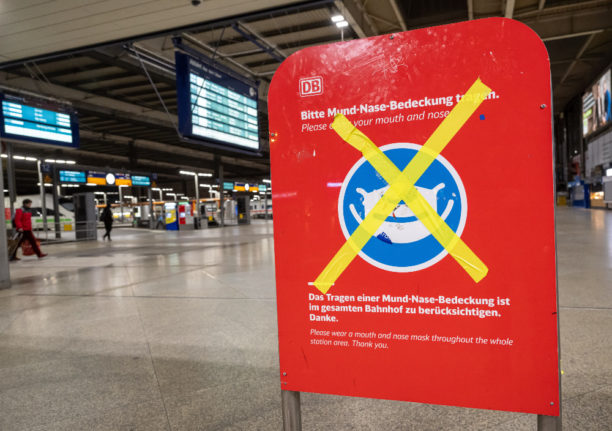After a huge crowd of up to 2,000 people gathered in the courtyard of the Kulturbrauerei in Berlin on Friday evening, several people suffered panic attacks, police reported.
One man fainted and a woman had to be taken to hospital. Some 70 officers were sent to the club to disperse the crowd.
As of Friday, clubs up and down the country are allowed to open for the first time since the autumn after the so-called ‘Tanzverbot’ was lifted as part of an easing of Covid restrictions.
Clubs have to open with 2G plus entry rules, meaning only vaccinated and recovered people can get through the door on the condition that they have a negative test result.
After big crowds turned out to party in Frankfurt, Victor Oswalt, spokesman for the organisation Clubs am Main, confirmed that “there was a lot of interest.”
“You could tell that something important had been missing for a very long time,” he said.
Hamburg’s public was also eager to fill out its dance floors. Long lines were seen in front of several well-known clubs.
“It was very crowded, especially at the Sternbrücke,” said Thore Debor, managing director of Hamburg’s Clubkombinat.
Debor said that “it was definitely a liberating moment” but added that he’d heard reports that people were initially unsure about dancing.
Bavarians meanwhile flocked over the border into the Austrian town of Obendorf, where clubs were opening for the first time as part of an end to most restrictions.
Police asked one club there to open its doors early to allow people in after a huge crowd had gathered outside. As people pressed to get inside, some people lost consciousness. One person had to receive treatment from the Red Cross.



 Please whitelist us to continue reading.
Please whitelist us to continue reading.
Member comments